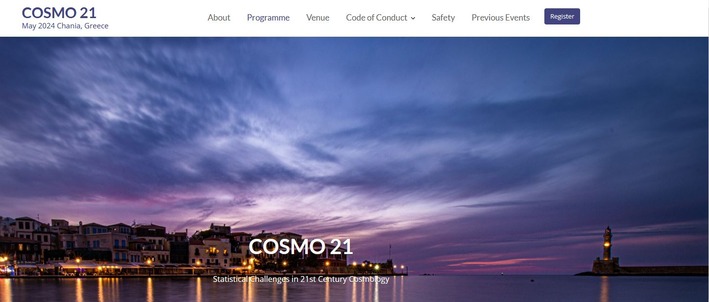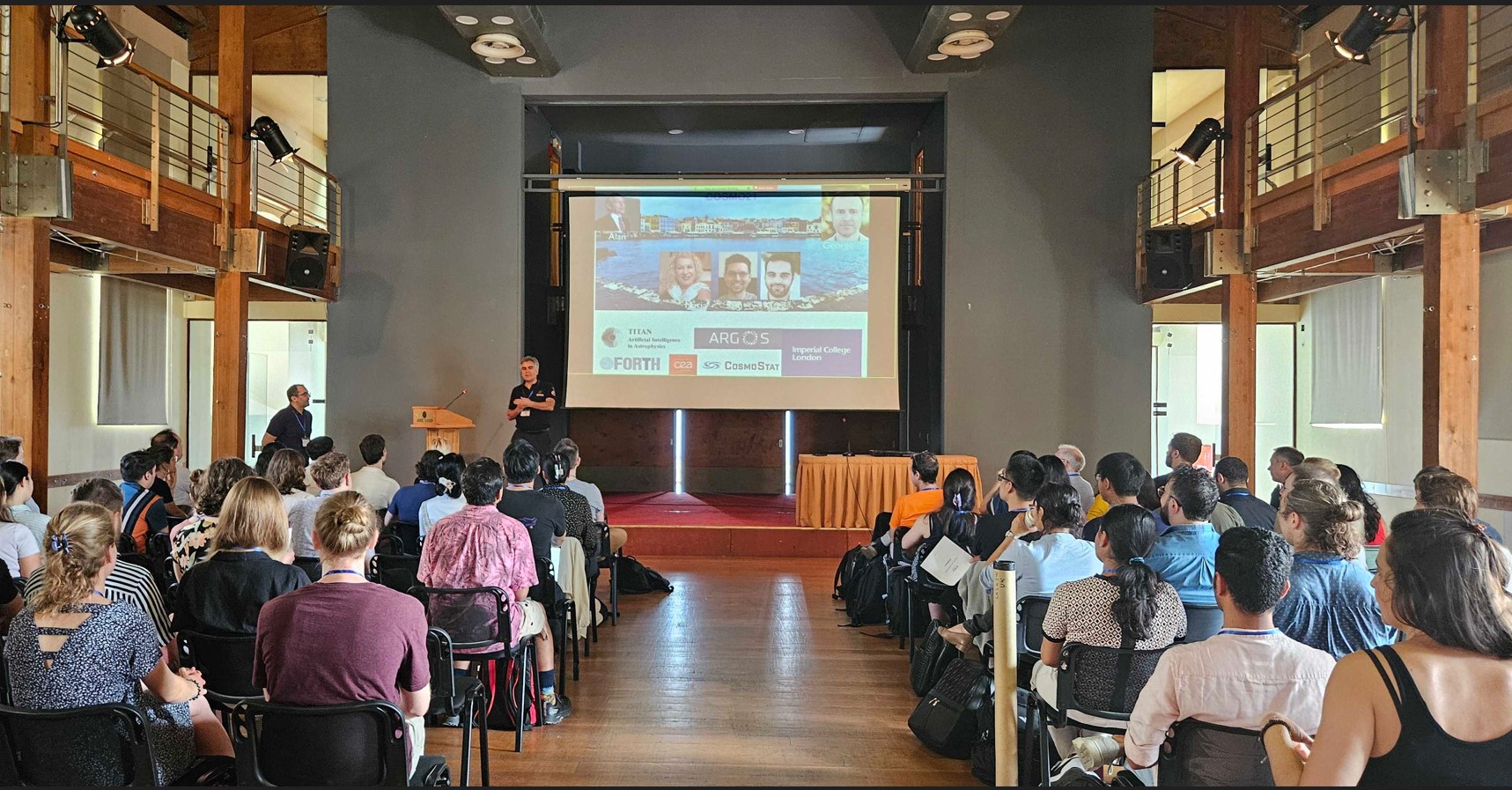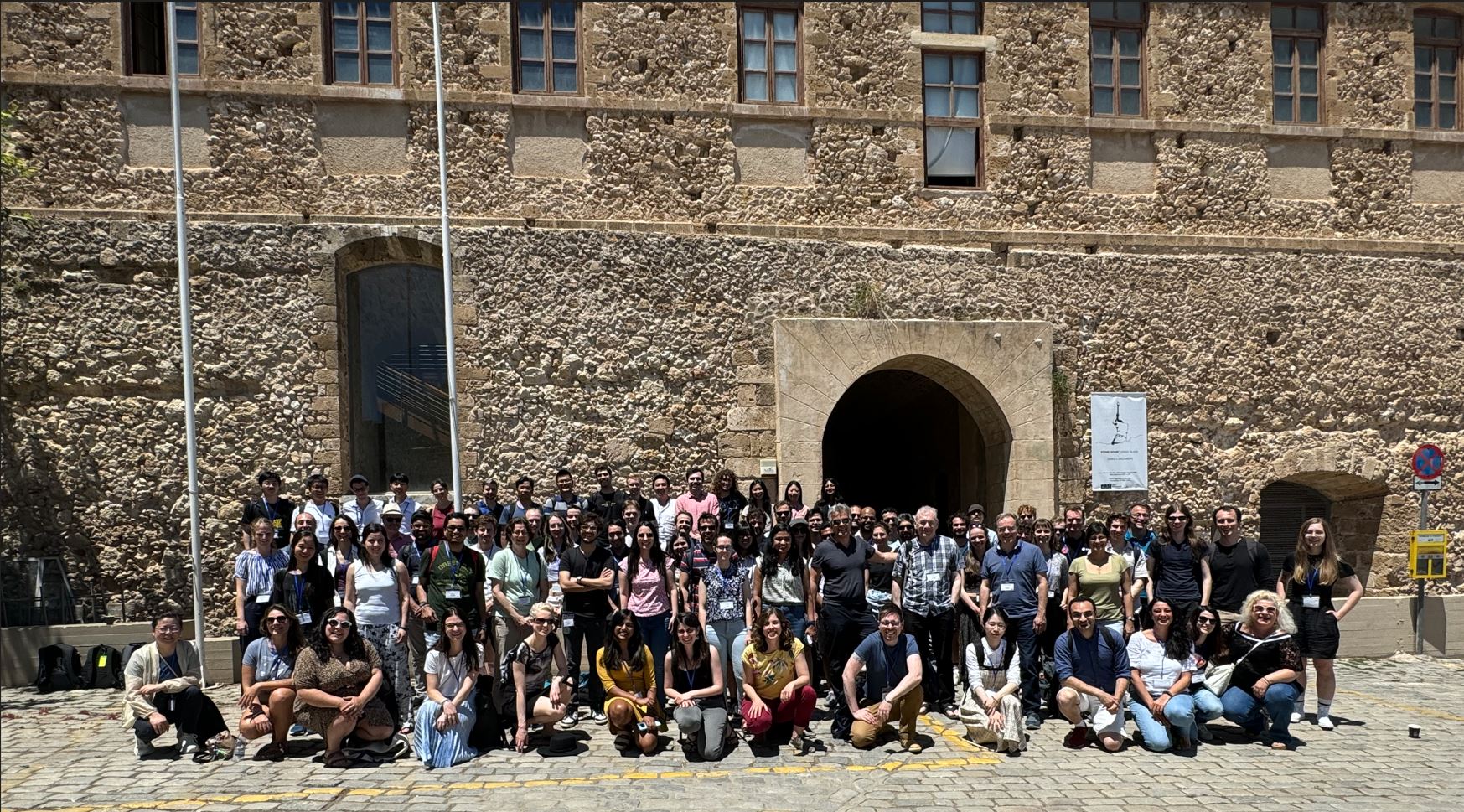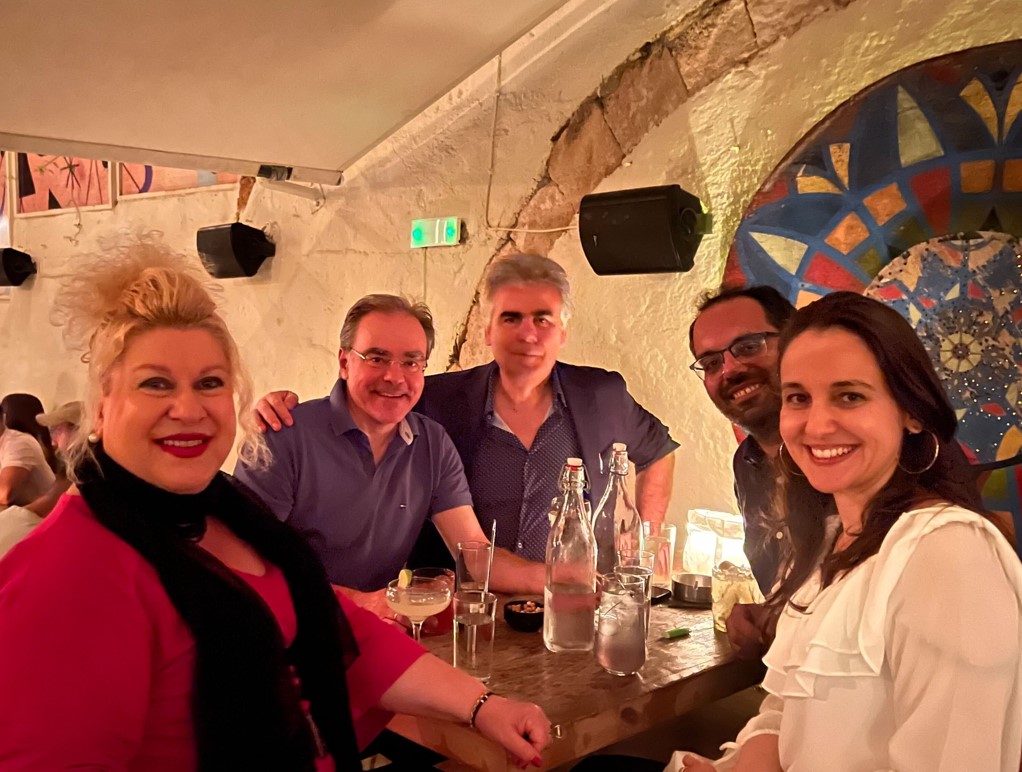
The Cosmo21 series began in Lisbon in 2014, as an IAU Symposium, and was last held in Valencia in 2018. Since then much has changed in the statistical analysis of cosmological data, with a large rise in the use of machine learning techniques in particular. Bayesian Hierarchical modelling, using field-level inference, has been increasingly widespread, and simulation-based (or likelihood-free) inference is growing rapidly in the field, to tackle the complexity of low-redshift data whose (non-gaussian) statistical properties may be very poorly-known. Allied to that has been an increased interest in extreme data compression such as MOPED and more general score compression, to reduce the dimensionality for SBI.

Furthermore, ‘information-maximising’ neural network techniques for finding highly informative summary statistics is emerging as an effective technique for extreme data compression for data whose statistical properties are unknown. Machine learning techniques are also coming to the fore in characterising the complex posterior distributions, such as using neural ratio estimation (as one of a number of options), and often using variational inference techniques such as normalising flows. With the advent of automatic differentiation, differentiable forward models are also emerging as powerful tools for Bayesian inference.

And finally, interpretable machine learning is one that is beginning to challenge researchers in our field as elsewhere. This methodological development is accompanied by an upcoming explosion of data, expected from Euclid and the Rubin Observatory, and in due course the Roman Space Telescope and the Square Kilometre Array, to add to the current and recent survey data from KiDS, DES, HSC, and DESI, for example. The 4th edition of Cosmo21 will be hosted in Chania, Greece and will gather leading experts from around the world in statistical methods and cosmology to discuss the state-of-the-art in data analysis and interpreptation. Highlights will include topics such as Bayesian techniques, machine learning, likelihood-free inference, radio data, strong and weak gravitational lensing, joint probes, and gravitational waves. The organisers also hope to attract participants to discuss other novel developments in the field.
|
|

|
